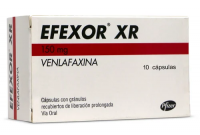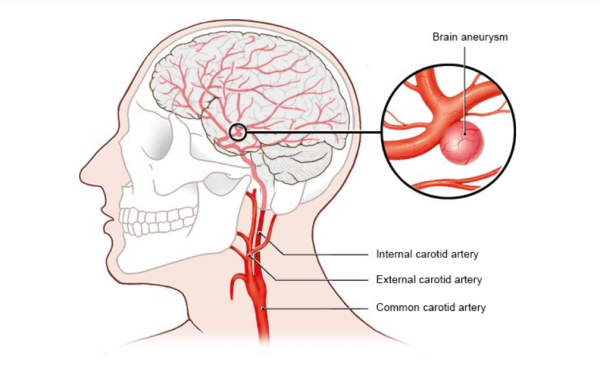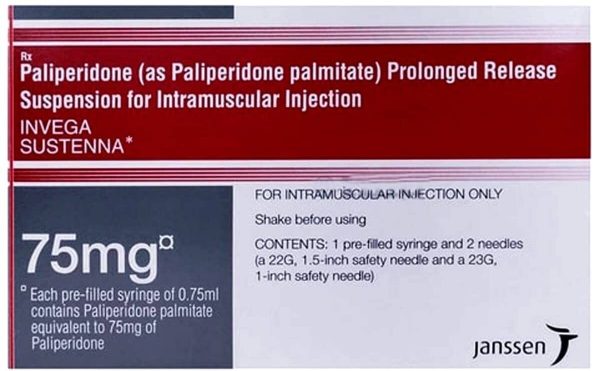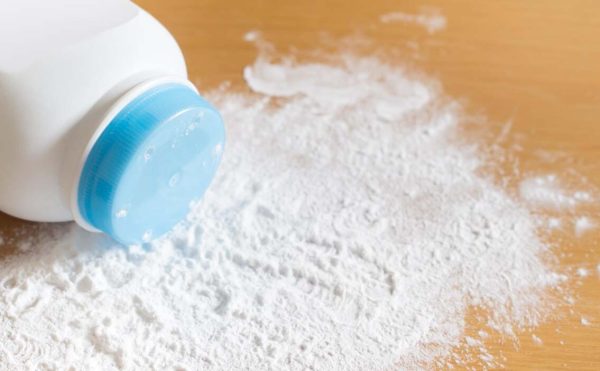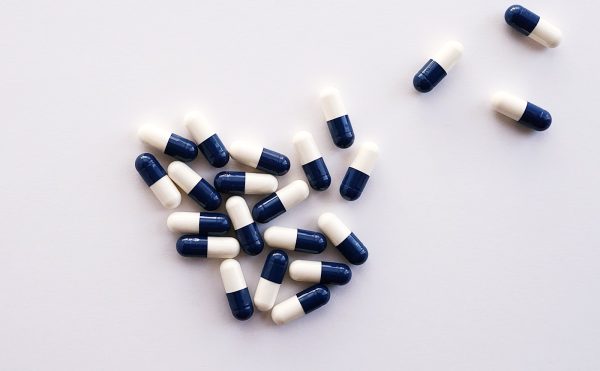Extravasation vs Infiltration comprises various meanings in administering the same drug or solution through a vein. In this case, the two words are separated depending on Vesicant. Accordingly, what precisely is the significance of Extravasation and Infiltration and the variations between them? Want to know more? Scroll down!
Comparison of Definition between Injection-Related Terms of Extravasation vs Infiltration
By accident, the tissue surrounding an intravenous catheter may be exposed to fluids or medications during administration. Consequently, this led to the contrast between the terms infiltration and extravasation, which are predicated on the characteristics of the Vesicant.
In simple terms, a Vesicant is a fluid or medication that has the potential for creating tissue injury upon entry into the surrounding tissue of a vein, creating the terms Extravasation vs Infiltration. Therefore, Extravasation is a fluid that enters the vein by mistake or contact outside the vein and causes tissue injury or contains Vesicant.
In contrast, Infiltration is the accidental release of infusion fluid or medicine into tissue close outside the vein without harming it due to the lack of Vesicant effects. Despite their various definitions, vesicant features may emerge, particularly following intravenous catheter implantation.
How Extravasation Differs from Infiltration in Regards to Its Origins
When comparing Extravasation vs Infiltration, it is crucial to note that the two processes vary according to the factors that trigger them. As previously mentioned, these two items were introduced into the body. This results from an injection administered into a vein and then entered into the tissue.
Therefore, it follows there is a beginning to the process of why things occur as they happen. Consider the following conditions:
1. Extravasation Process
In the Extravasation process, the cannula breaks through the wall of the blood artery, allowing blood to flow out. Furthermore, it may be brought on by elevated venous tension, which results in spilling around the initial site of the injection.
Extravasation may also happen if the medication is given too rapidly, its acidity or alkalinity is too high, or the intravenous (IV) line is clogged. Medications included in Extravasation are Vesicants, which can damage tissues and lead to blisters and ulceration.
Several chemotherapeutic medications are part of Vesicant. Hence, half a percent and six percent of patients giving the medication may have this side effect. However, the seriousness of the situation conceals its rarity.
2. Process of Infiltration
The Infiltration process is when an intravenous (IV) catheter spills fluid throughout nearby tissue when it enters or out of a blood artery. Many varied reactions are possible as a result of this. Furthermore, if some intravenous medications enter into blood vessel tissue, it may lead to skin and tissue death, called necrosis.
Nevertheless, Vesicant is not present in the leaked medication. Medications and injections that contain Nonvesicant do not cut off blood flow to vital organs. Ischemia, the lack of blood flow to other body areas, necrosis, and the death of cells and organ tissue are further problems.
As a result, these two things occur when medications are administered via a vein. Also, they will inevitably have specific adverse consequences. It is possible to see some of these adverse consequences in the form of physical alterations, even inside the body.
On the other hand, considering the composition of Vesicant, which is not present in Infiltration, these two concepts have separate adverse consequences.
The Severity of the Adverse Effects That Caused by Extravasation and Infiltration
Injecting any substance into the body will undoubtedly result in the manifestation of a variety of adverse consequences. Medications used in chemotherapy are one example. However, there is a possibility of mistakes occurring during the injection process. These errors are known as Extravasation and Infiltration.
Moreover, they occur in the blood vessels and are also susceptible to inaccuracy, which can result in some adverse implications for the body. Below are some instances:
1. Extravasation Side Effects
Among the indications or symptoms that may be seen are the following:
- The skin seems pale and has a chilly sensation
- Pain in the region where the infusion is being administered Inflammation comes in a particular place
- Blistered skin
- The skin has a constricted feel to it
- Having trouble draining the intravenous catheter
However, patients with cancer are considered to be those who often have adverse consequences or responses as a result of Extravasation. In addition, they often need many venipuncture spots and have tiny and weak veins, which happens sometimes.
Conditions of the peripheral blood vessels and malnutrition are two additional conditions that cancer patients may experience.
2. Infiltration Adverse Reactions
One may see a few instances of reactions that are brought about by the Infiltration effect, such as the following:
- Spilling fluid or a wet bandage at the site where the injection was
- Experiencing pain, including redness, swelling, or burning
- The skin seems pale and white
- May slow or stop the circulation of fluid from an IV infusion
- The skin has a tight or strained sensation
Nevertheless, it is possible, and the patient’s therapy will determine the specifics. Infiltration may also cause a wide variety of painful and even dangerous side effects. For instance, serious complications may arise for the patient. If the fluid runs into nearby tissues, it will happen if the solution is acidic or very irritating.
The body may then respond more severely upon realizing anything is abnormal. Outside of that, the body will experience abnormalities regardless of Extravasation vs Infiltration cause.
The Approaches to Minimize Extravasation vs Infiltration
Obviously, there are treatment options available for those who have fallen prey to Extravasation and Infiltration, given their awareness of its adverse effects and repercussions. For instance, hot or cold compresses can treat inflamed areas. If the situation worsens, request medical attention promptly to receive proper treatment.
Luckily, you can avoid this kind of tragedy by seeking out a skilled and generous healthcare provider who regards strong safety protocols. Especially before undergoing infusion therapy, you must be aware of this explanation regarding Extravasation vs Infiltration. Therefore, let’s take care of yourself and stay healthy!
Bagikan



